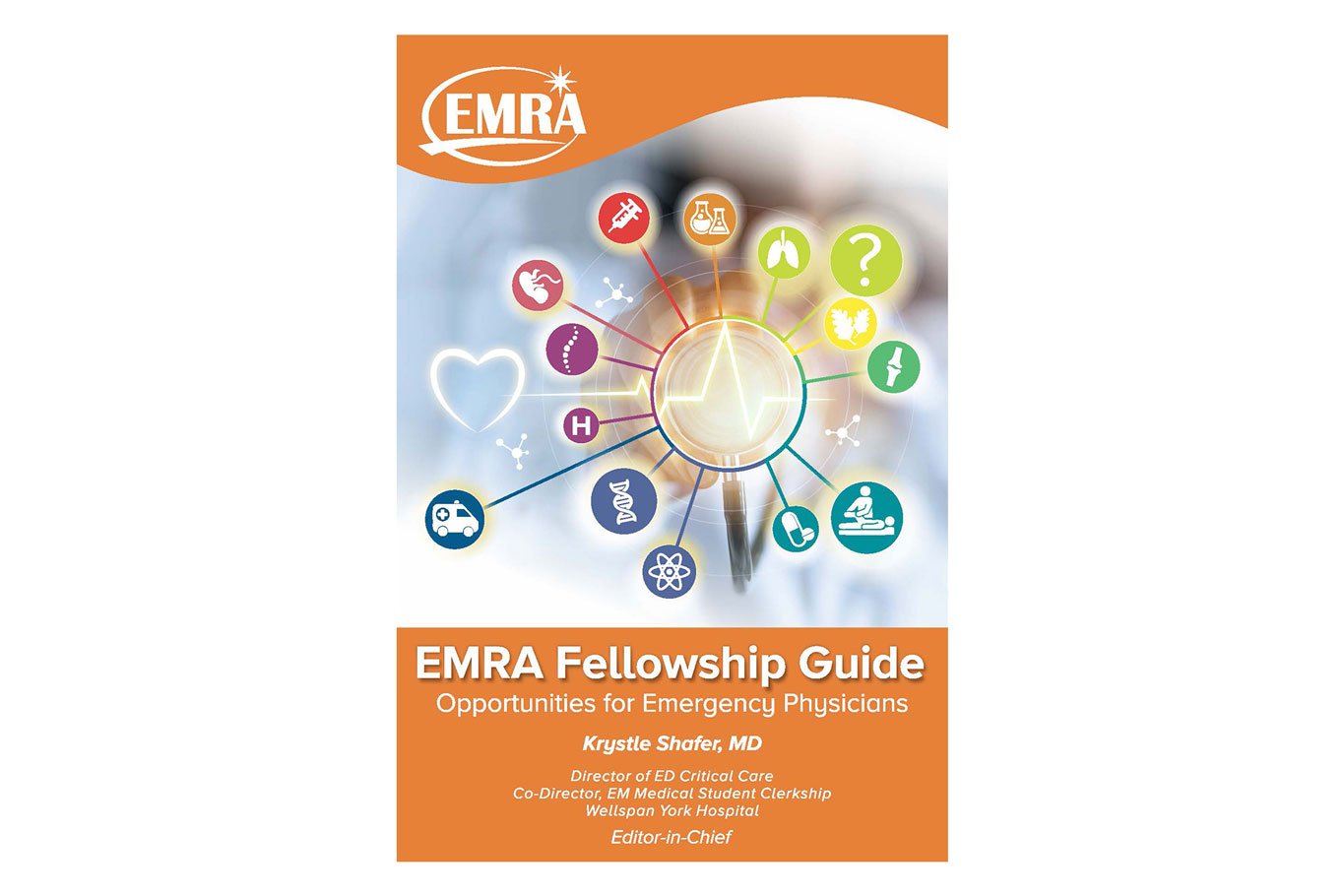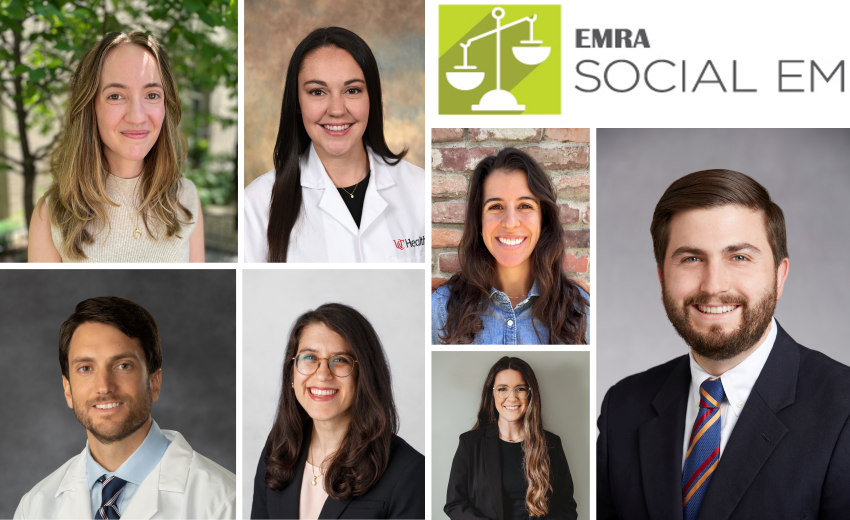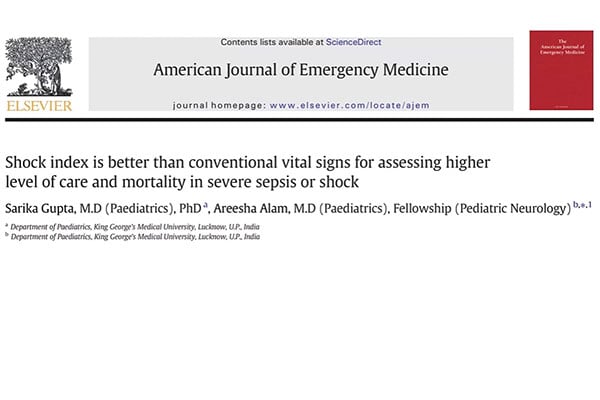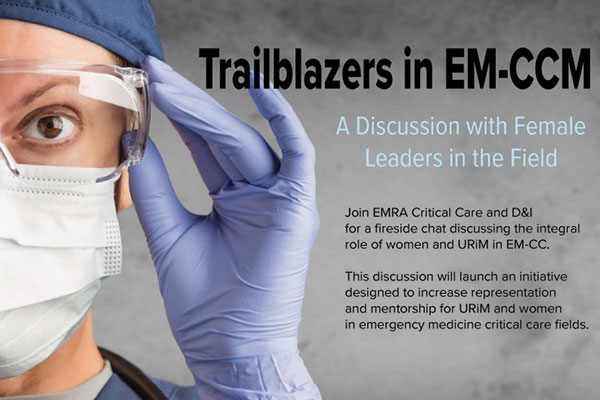Toxicology Fellowships
EMRA is launching Fellowship Match! We are adding fellowships daily.
Look for fellowships using criteria important to you.
- Geographic location
- Fellowship type or training opportunity
- Advanced Degrees Offered?
- Is Moonlighting Allowed?
- Length of Program?
- Number of Shifts per month?
- Save your favorites
- Export your fellowships to a spreadsheet to look at offline

EMRA Fellowship Guide
Chapter 27 Toxicology Fellowship
Medical toxicologists are physicians who specialize in the prevention, evaluation, treatment, and monitoring of injury and illness from exposures to drugs and chemicals, as well as biological and radiological agents. These specialists care for people in clinical, academic, governmental and public health settings, and provide poison control center leadership. Important areas of Medical Toxicology include acute drug poisoning; adverse drug events; drug abuse, addiction and withdrawal; chemicals and hazardous materials; terrorism preparedness; venomous bites and stings; and environmental and workplace exposures. Reference: American Board of Medical Specialties.
Go to Chapter 27Related Content



Feb 25, 2021
Trailblazers in Emergency Medicine : CCM
The EMRA Critical Care and D&I Committees hosted a fireside chat discussing the integral role of women and URiM in EM-CC. This discussion will launch an initiative designed to increase representation and mentorship for URiM and women in emergency medicine critical care fields.





